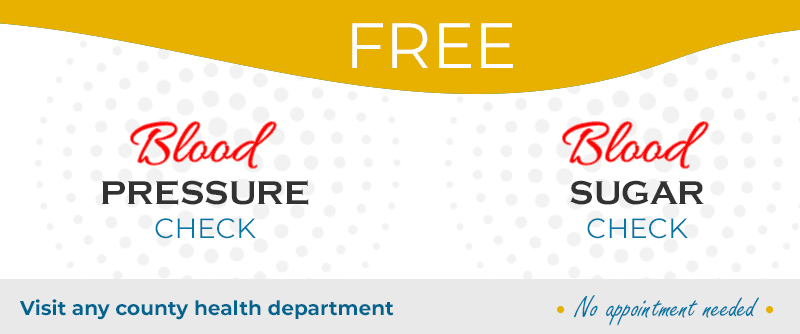Americans consume too much sodium, both from added salt and high sodium levels in packaged and restaurant food.
High sodium consumption raises blood pressure, and high blood pressure is a major risk factor for heart disease and stroke — among the nation's leading causes of death.
Sodium Myths and Facts
MYTH: The benefits of sodium reduction haven't been proved.
A large body of strong scientific evidence shows that greater sodium intake causes higher blood pressure, and that reducing sodium intake lowers blood pressure.
MYTH: I can just limit my use of salt at home.
Restaurant food and processed food in stores have so much sodium already added that added salt at home makes up only a small part of overall sodium intake. Three-quarters of the sodium we consume has been put into our food before we buy it.
MYTH: There are more important dietary changes to make than sodium reduction.
Sodium needs attention because excess intake increases blood pressure, and high blood pressure is a major public health problem for millions of Americans.
MYTH: Lowering my sodium won't have much effect on my blood pressure.
Even moderate changes in sodium intake can have significant benefits. A 10 percent reduction in sodium consumption could prevent 480,000 U.S. heart attacks and 500,000 strokes.
MYTH: Food with less salt wouldn't taste good.
A person's taste for salt — the major source of sodium — can change. Americans' current appetite for salt likely comes from excess salt in the food supply. Gradually reducing sodium in food will allow individual tastes to adjust.
What You Can Do
- Read nutritional labels on store-bought foods, and choose those with less sodium.
- Prepare more meals at home with fresh ingredients
- Eat more vegetables and leafy greens that are naturally low in sodium and high in potassium, which helps with sodium control in the body.
More Information
Fact Sheets
- Cut Down on Sodium Office of Disease Prevention and Health Promotion
- Sodium: Look at the Label FDA

